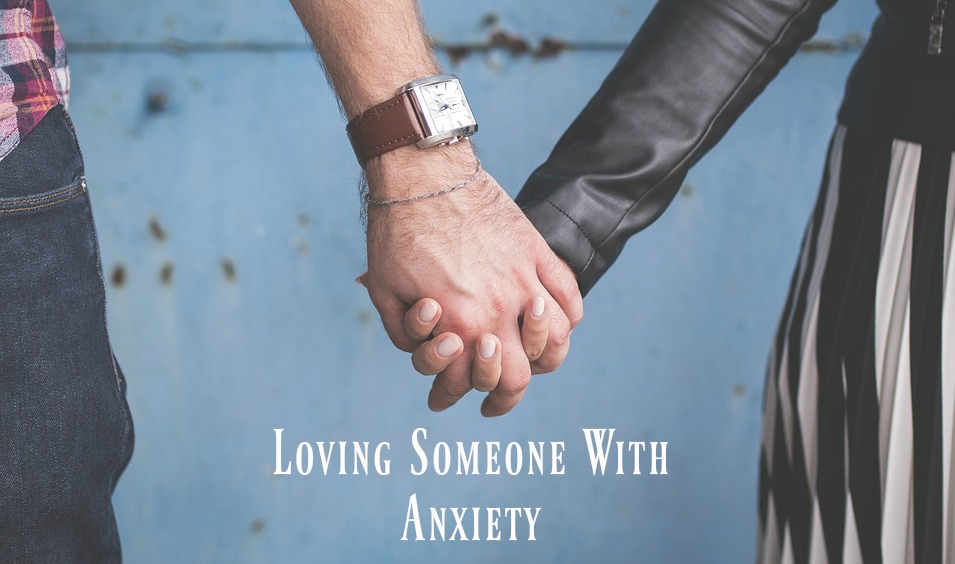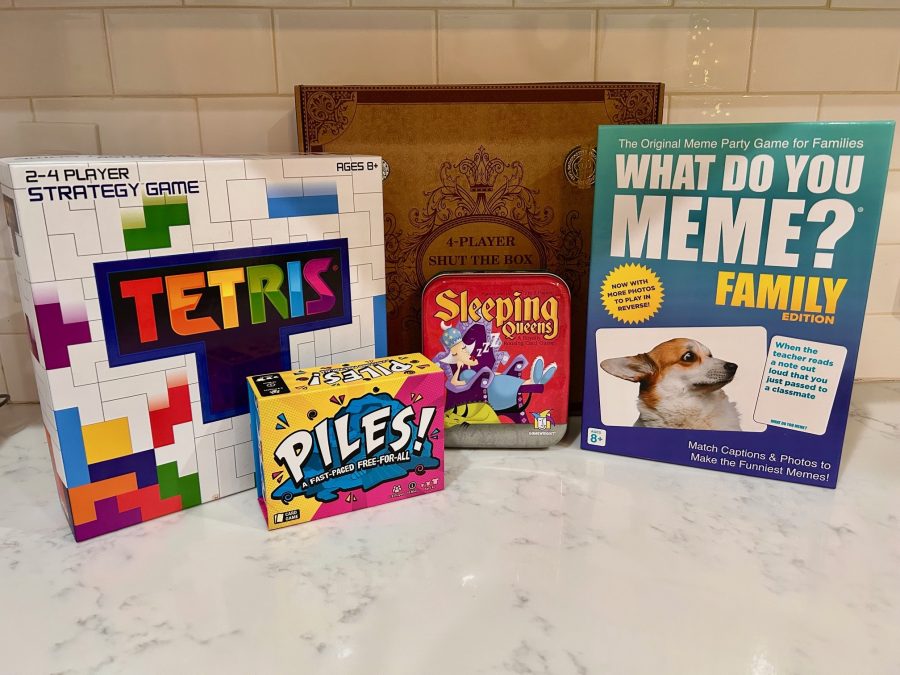I have had anxiety for as long as I can remember. Tingling fingertips and the feeling of impending doom are as familiar to me as driving a car and eating food. Through the years I have learned how to handle and walk myself through panic attacks and anxiety-inducing situations. Along for the ride is my dear husband who has never had a panic attack or ever felt the physical side to anxiety.
When we got married, I had a co-pilot during my panic attacks, something I had never taken into consideration. All of these years it’s just been me going through the motions and now, when my anxiety is high, it can be a family affair. Loving someone with anxiety can be tough. Let me put it this way: I get on my own nerves. I can’t imagine being married to me and I know for a fact that it isn’t easy. Slowly though, over the years, we have worked through it … together. If your partner has anxiety or another similar mental illness, here are a few ways you can help them cope.
Listen.
Most of the time, the ONLY thing I really, really need is for my husband to listen. Not offer an opinion or tell me, “It’s all okay. You are fine.” I don’t want that. I want his undivided attention and his ears. When someone comes to you in a panicked state, the last thing they need from you is to hear that, “It’s all in your head.” They don’t need to hear anything. They just need to know you are there.
Be Patient.
I can bet you that every single time I have approached my husband with something caused by my anxiety, he has wanted to run in the opposite direction. Like he seriously wants to know that he “NEEDS TO CALL ME AS SOON AS THE VET APPOINTMENT IS OVER” for the 7th time in a row. He is a grown man. He knows how to take a dog to the vet. He doesn’t need me following him out of the door, listing every possible disease the dog could have or the tests the dog needs or what questions need to be asked. And I am pretty sure that every time we hang up the phone after I pour out my worries, he hangs up and mumbles under his breath about me. Which is fine and I expect that. What I appreciate is that he doesn’t tell me about it. He is patient with me. He never lets me know he is tired of talking about things. He is courteous and unruffled. This in turn is soothing to me and lets me know that things will be okay.
Learn About Anxiety.
My husband and are total opposites. Which, I guess, is why we are so compatible. He is cool, calm and collected and I am a basket-case. We even each other out. Until we were married, he had no idea what anxiety was. Is it stress? Is it emotion? Is it once a month? Why does she yell out of the blue like this? Why is she so worried over such small things? Why can’t she pull herself together? I know these are thoughts he has had because he has asked. In an effort to better understand what goes on in my head, he has done his share of research and reading. We completed The Anxiety and Phobia Workbook together, which was REALLY to his advantage. It gave him a lot of insight into how I feel, how to help me cope and how to be better understanding. Now he knows better than to tell me, “Just don’t worry about it.”
Go to Therapy Together.
Out of desperation to feel better, I started therapy. And let me tell you IT IS A LIFE SAVER. My therapist is very quick to remind me that “The healthiest people are the ones sitting on the couch.” It is so true. This is especially for me and by having my husband come to a monthly therapy session with me, we are able to stay healthy together. This isn’t couples therapy (NOT saying anything is wrong with it even if it was); this is about me opening up about everything. My childhood, me as a mom, me as a wife, my own personal truths. He hears it all and is able to ask questions like, “How in the world am I supposed to deal with this at home?” Kidding. All joking aside, he can see the real Me. The Me that isn’t sitting in our home or across the table at dinner. No distractions or kids on the brain. Just him, me and a neutral, very valuable third party.
Let Them Know You Are There.
Letting someone with high anxiety know that you are there is invaluable because it solidifies that no matter how their worries might seem far-fetched, they matter. We all want to know that our thoughts and feelings are of value and that they are warranted. Simply by acknowledging that person’s emotions, you are telling them, “You matter and I care about how you are feeling.” All an anxious person wants to know is that they aren’t alone and IF one day, one of those horrible things that takes space in their brain were to actually happen, you would be there.
To an outsider, anxiety might seem like a no-brainer. Just don’t think about things so much. Move on. Have a good attitude. To a person with anxiety, however, day-to-day tasks can bring on feelings of intense distress, extreme panic and other emotions that are out of that person’s control. Anxiety cannot be turned on and off. It is a mental illness that can be debilitating and needs outside support. What your partner needs from you is someone to help shoulder some of that emotional distress and to comfort them.
While you will not be able to “fix” the one you love who is battling anxiety, you can help arm them with coping skills that will help them on a daily basis. Being someone with anxiety is no cake walk but loving someone with anxiety is no easy task either. Your anxiety might get the best of your loved one, but don’t let it get the best of your relationship.

















